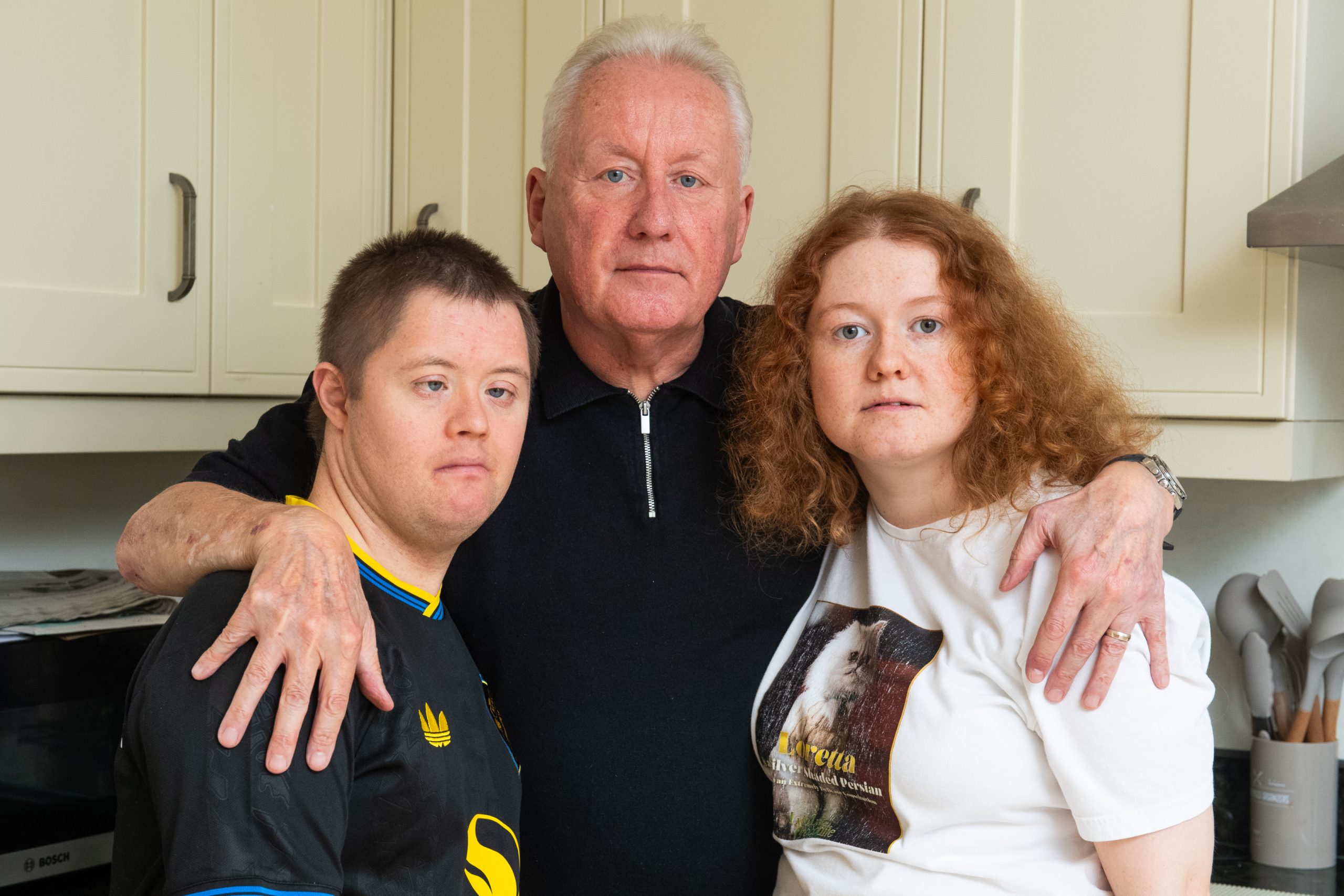Copyright standard

There have been a record number of referrals to the Government’s counter-terror programme Prevent in a year since data began in 2015, new figures show. There were 8,778 referrals of individuals to the anti-extremism scheme in 2024/25 – up 27% from 6,922 in the previous year, according to Home Office data. The figures come as counter-terrorism officials said earlier this week there has been a significant increase in referrals since the Southport murders at a children’s dance class in July 2024. Prevent is the Government’s anti-extremism scheme that is designed to divert people from terrorism. Southport attacker Axel Rudakubana was referred to Prevent three times, but his case was closed due to a lack of distinct ideology. In a report on lessons for Prevent in the wake of the attacks, Independent Prevent Commissioner David Anderson KC said he heard evidence from across the country of a large increase in Prevent referrals in the first quarter of this year following the publicity of Rudakubana’s case. The 3,287 referrals in January-March 2025 is the highest number in a single quarter since data began. Home Office figures published on Thursday show that referrals in the “no ideology” category made up 4,917 (56%) – the largest proportion of referrals of the 8,769 cases where a type of concern was logged. Where an ideology was identified, extreme right-wing ideology was the most common concern among referrals – accounting for 21% (1,798) of the total, higher than those related to Islamist extremism (10% or 870). Of the 8,759 referrals to Prevent where the age of the individual was known, 11 to 15-year-olds accounted for the largest proportion (3,192 or 36%), followed by 16 to 17-year-olds (1,178, or 13%). There were 345 referrals (4% of the total) for children aged 10 or under. Overall, children under 18 accounted for 4,715 referrals in 2024/25, the highest annual number for this combined age group, but a slightly lower proportion of the total referrals (54%) than in 2023/24 (57%). For the first time, data on mental health and neurodiversity (MHND) has been published for individuals referred to Prevent. These figures show that just over a third of referrals in the year to March 2025 (2,955 of 8,778, or 34%) had at least one MHND condition recorded. Autistic Spectrum Disorder (ASD) was the most common condition, which was recorded in 14% (1,226) of all referrals. Around two-thirds of referrals (5,823 or 66%) had no MHND information listed, either because no concern was identified or the relevant information was not captured. Following initial screening and assessment, Prevent referrals who are deemed at risk of radicalisation may be passed to a multi-agency “Channel panel”. Chaired by local authorities, these panels determine the extent of a person’s susceptibility to radicalisation and whether a tailored package of support is necessary and proportionate to address the risk. Of the 8,778 referrals made to Prevent in 2024/25, 1,727 individuals were discussed at a Channel panel and 1,472 were adopted as a Channel case. Individuals aged between 11 and 15 accounted for 39% of all cases adopted as a Channel case. A review into Axel Rudakubana’s case found there was sufficient information to refer him to a Channel panel, especially because of his age and complex needs.



